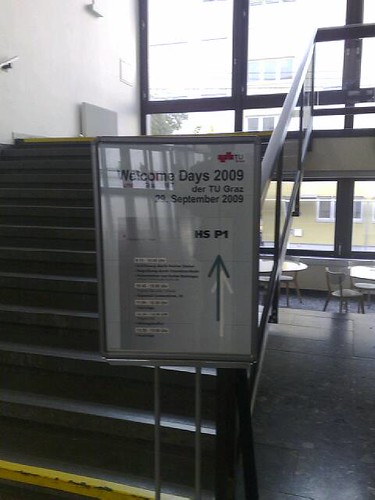Our publication about „Visualizing Research Patterns in the Field of e- Learning“ for this Science 2.0 for TEL Workshop at ECTEL conference is now online available.
Abstract:
In this paper we have performed a content analysis of Ed-Media conferences publications from 2003 to 2008 using our internally built visualization tool to realize various research patterns in the field of e-learning. We identified 3668 different research terms from 4607 articles’ titles. The visualization tool revealed the trends of contributions in the field over the years, evolution or decline of research terms, hot research terms, key researchers, leading institutions and nations across the world, evolution of countries, continents and institutions in comparison to each other. The results in this study will allow novice and experienced educators, researchers in the field of e- learning to understand what kind of different research terms exist and to identify different research patterns over the last six years in this field.
Reference: Khan, S., Ebner, M., Taraghi, B. (2009) Visualizing Research Patterns in the Field of e- Learning, Workshop Science 2.0 for TEL, ECTEL 2009, Nizza [Link]
 So, die Vorbereitungen fürs EduCamp in Graz laufen nun auf Hochtouren oder biegen schön langsam in die Zielgerade ein.
So, die Vorbereitungen fürs EduCamp in Graz laufen nun auf Hochtouren oder biegen schön langsam in die Zielgerade ein.


